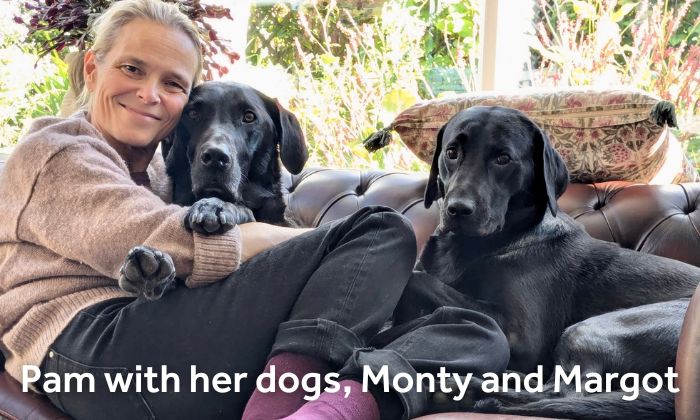A message from Pam Qualter, SEED Director of Research
14 Nov 2025
As we approach the end of the calendar year, I would like to share an update on research activity across SEED and to reflect on some of the achievements, challenges, and opportunities that have shaped our work.

It has been a year defined by collaboration, creativity, and resilience. Colleagues across SEED have continued to deliver high-quality, world-leading research that addresses some of the most pressing issues facing individuals, communities, and societies.
Celebrating Research Achievements
First, I want to celebrate the breadth and depth of research taking place across SEED. We continue to see strong success in securing competitive funding, with awards spanning UKRI councils, Horizon Europe, charity funders, and policy partners. Notably, research teams have continued to foster collaborations that move beyond academic boundaries and into policy development, practice implementation, and public engagement.
This year we have also seen growing visibility of SEED’s research networks and centres, many of which are now providing important platforms for mentoring early-career researchers, convening interdisciplinary discussions, and generating external partnerships. SEED’s commitment to co-production — working closely with communities, schools, local authorities, and international partners — continues to set us apart, ensuring our research translates into action and social value.
Several colleagues have achieved major recognitions, fellowships, or national advisory roles, reflecting the influence of SEED’s scholarship in shaping education policy, sustainable cities, youth wellbeing, climate action, heritage preservation, and global development debates. I want to thank everyone who has taken the time to share their work in seminars, conferences, policy roundtables, impact case development sessions, and external media and public engagement. Those contributions matter deeply to SEED’s culture and reputation.
Reflecting on 2025
This year has also encouraged us to look inward because of REF29 and consider how best to support sustainable research careers. We know that academic workloads continue to grow and that research time is often under pressure. But, many of us are committed to mentoring doctoral researchers, supporting grant development among ECRs, writing collaboratively, and reviewing and editing for journals and conferences. Those practices often go unseen, yet they are foundational to the health of SEED’s research environment. On behalf of our doctoral researchers and ECRs, I would like to thank those colleagues for their collegiality and support.
This last year, SEED has taken steps to strengthen grant development support, funding dedicated writing retreats and peer review workshops. Thank you to colleagues who have participated as reviewers, advisors, or co-applicants — your mentorship contributes directly to a more inclusive and confident research culture.
Looking Ahead
Looking forward, there are several areas where SEED wants to grow and consolidate. First, we will be strengthening our REF Impact Case Study development – we have ensured that impactful research is supported early, documented consistently, and narrated clearly. We will continue that work in 2026. SEED has a great strong track record on that, and, with support from Faculty, we will be investing further in workshops, partnership-building, and narrative development.
Second, in 2026, we will continue fostering spaces for cross-disciplinary collaboration. Whether through thematic clusters, joint funding bids, shared doctoral supervision, or community partnerships, we know that some of our strongest intellectual contributions emerge where disciplines meet. We hope to see lots of cross-disciplinary collaborations in the current SEED funding round.
Finally, I want to reaffirm SEED’s commitment to building a research environment that is collegial, reflective, and enabling. A strong research culture is not just about outputs, awards, or rankings. It is about the everyday experience of researchers — feeling included, supported, and able to pursue work with purpose and integrity.
Closing Thoughts
I want to close by thanking you for your contributions this year. Whether you are deeply immersed in fieldwork, co-authoring articles, developing new bids, teaching research methods, mentoring students and staff, or working at the interface of research and practice, your work strengthens the identity and impact of SEED. I look forward to continuing to work with you all next year, to celebrating successes, and to supporting the creative and socially engaged research that defines SEED.
